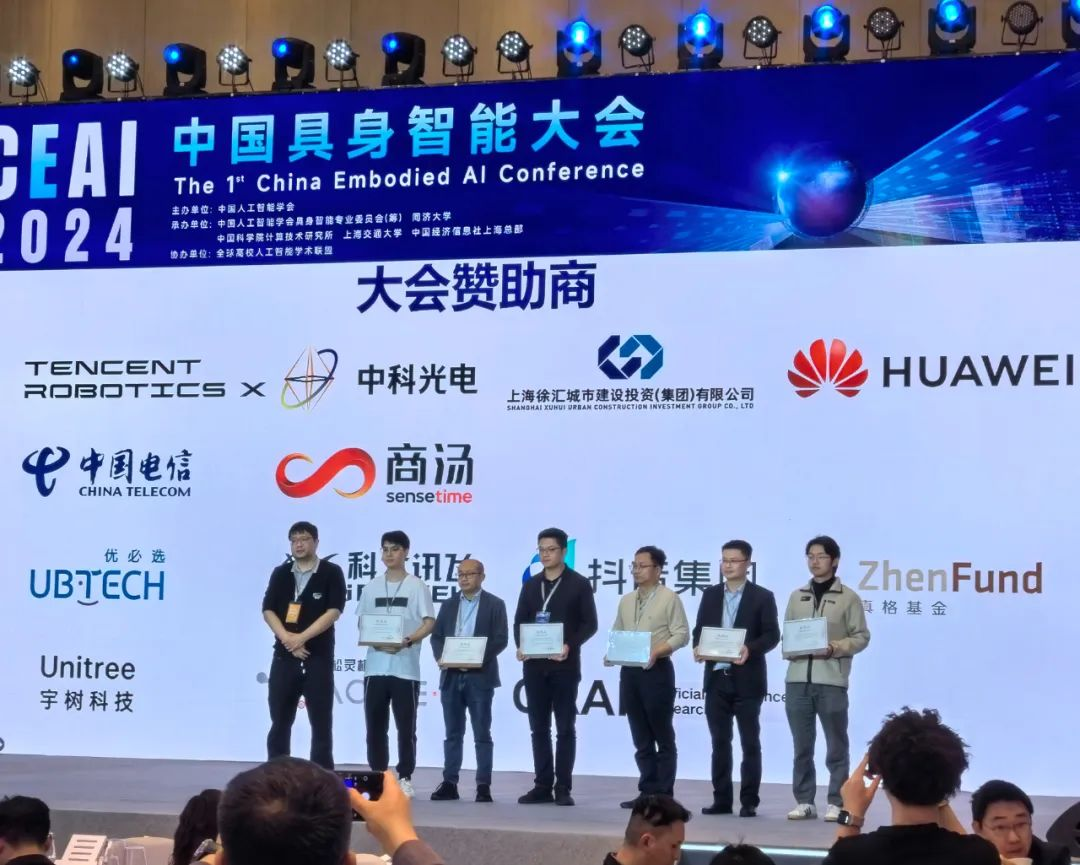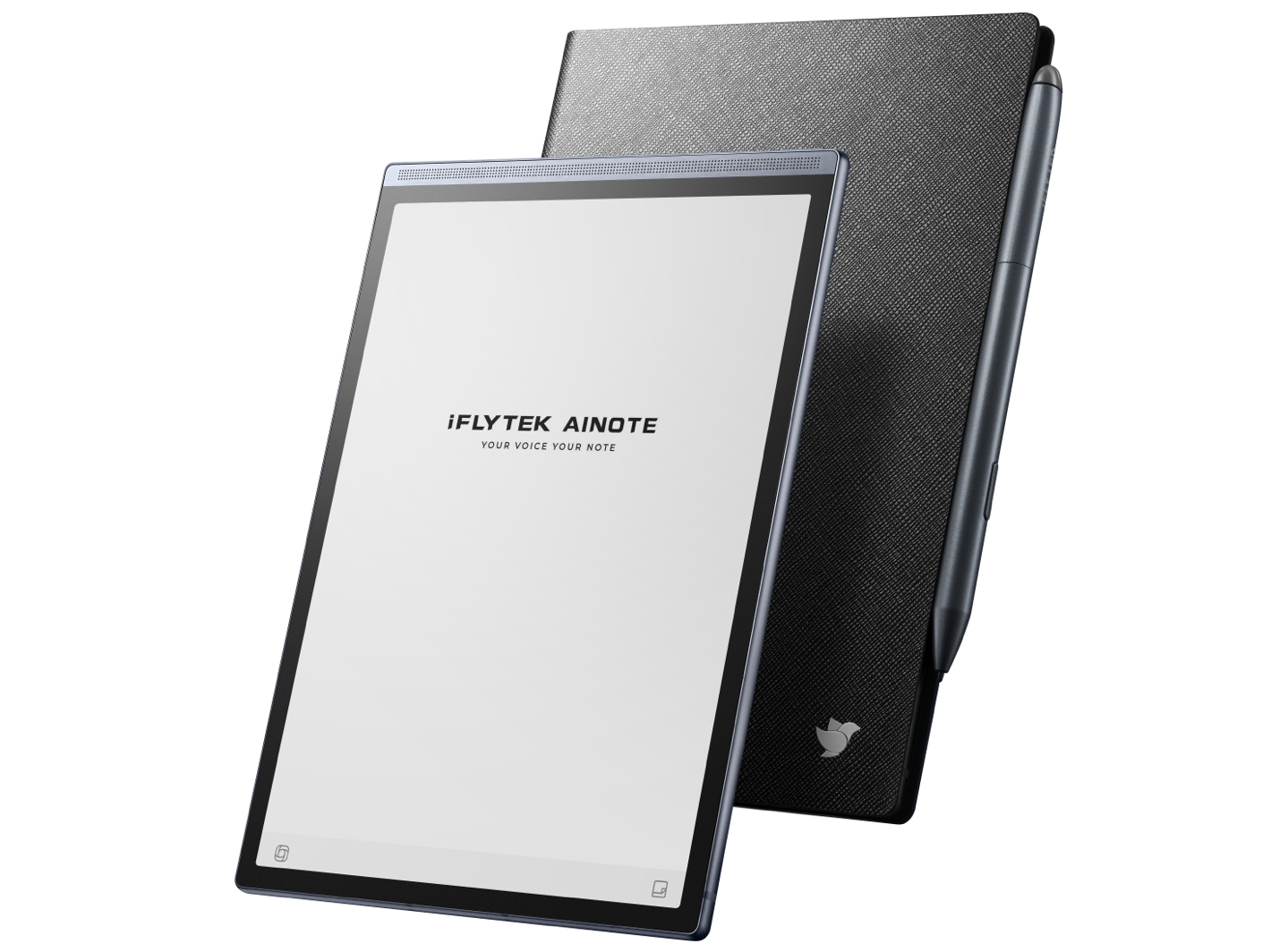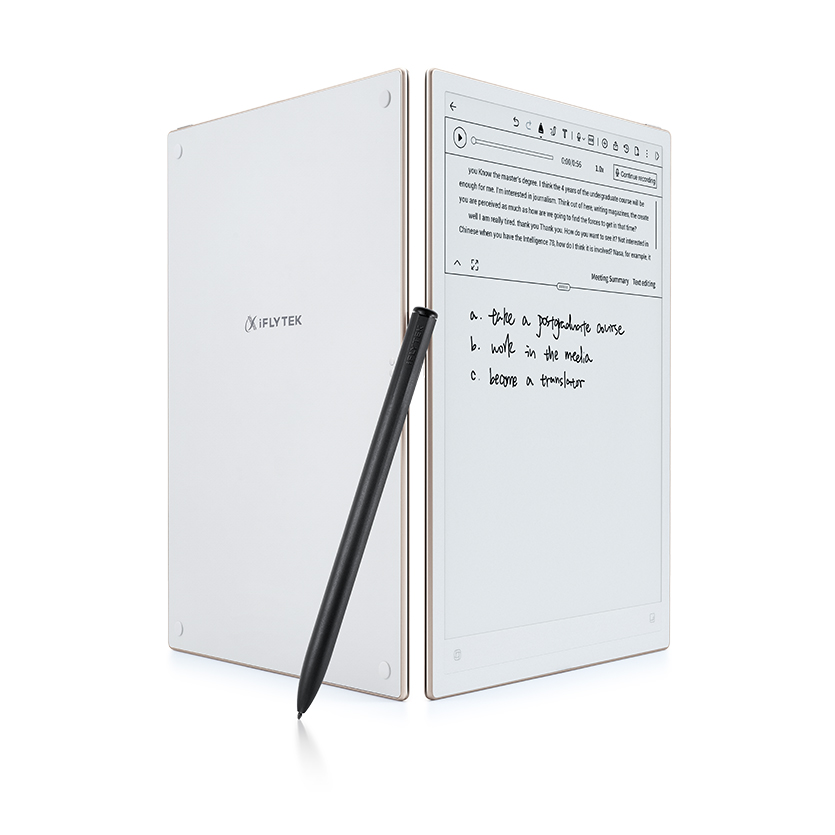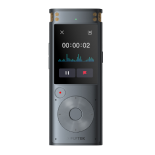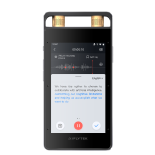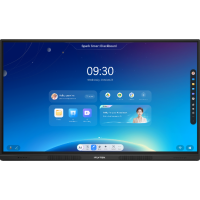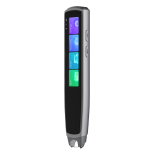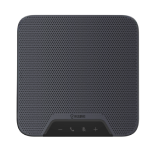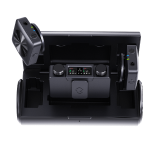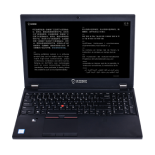April 12, 2024
iFLYTEK Showcasing Its Superbrain Robotic Platform at the Inaugural China Embodied AI Conference
Concluding on March 31, the two-day 1st China Embodied AI Conference (CEAI 2024), achieved success in Shanghai. Themed “Embodied Symbiosis, Intelligence Shaping Future”, the conference delved into the forefront of innovation and industrial progress in embodied intelligence and robotics. As a leading enterprise in artificial intelligence, iFLYTEK showcased its groundbreaking multi-modal human-computer interaction system, rooted in Spark Desk, at the exhibition, capturing the interest of numerous attendees.
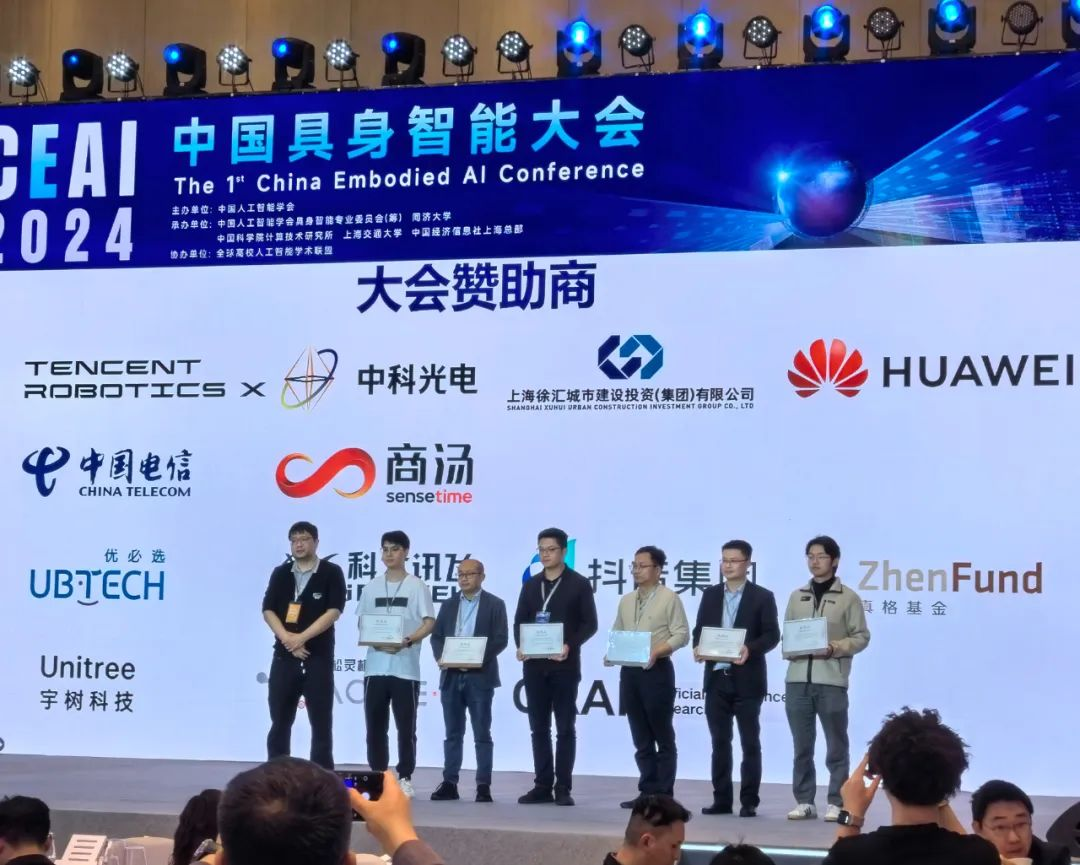
Sponsorship Award Presentation of the 1st China Embodied AI Conference (CEAI 2024)
With the rapid advancement of artificial intelligence, embodied intelligence has transitioned from theoretical research to practical application. As the term implies, embodied intelligence refers to agents with physical embodiments capable of advanced cognitive functions and sharing physical environments and engaging with humans. What was once confined to the realm of science fiction is now gradually becoming reality, with robots increasingly resembling living beings.
At the conference, iFLYTEK showcased the latest achievement in this realm, the robotic superbrain platform multi-modal human-computer interaction system. The system addresses challenges of robot listening, speaking, comprehension and thinking in noisy environments, garnering considerable attention from attendees.
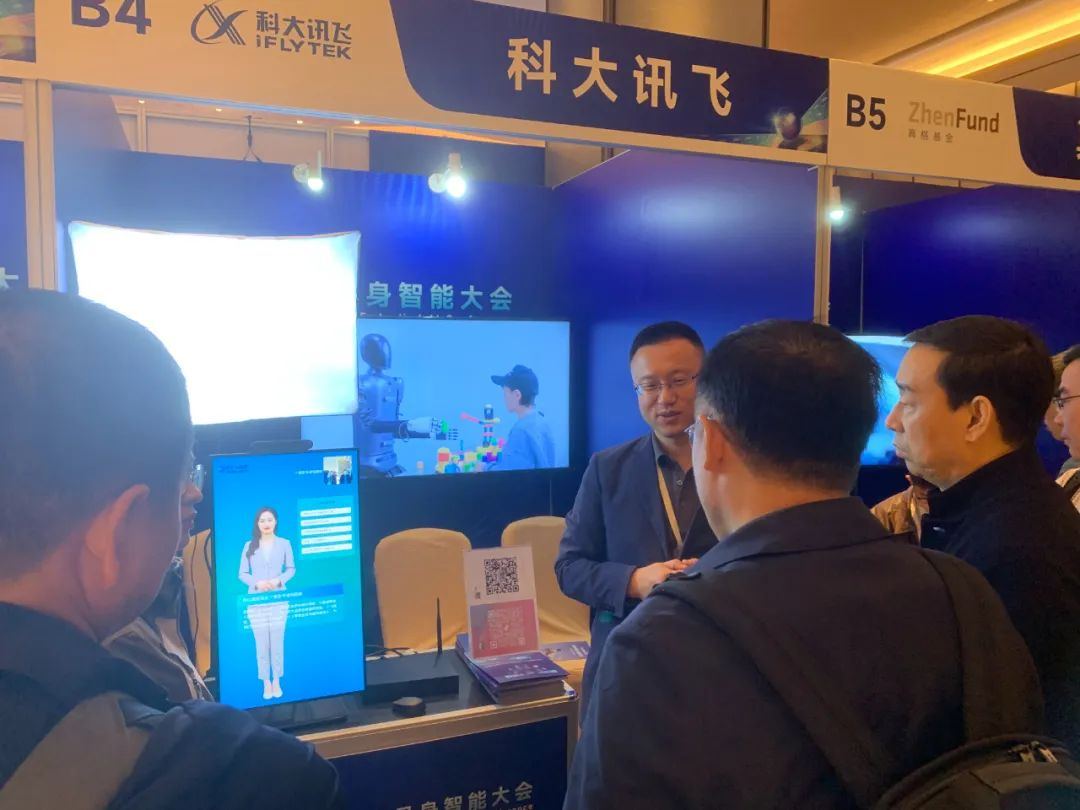
iFLYTEK Booth at China Embodied AI Conference
With iFLYTEK’s multi-modal algorithm, robots not only achieve fundamental capabilities like speech recognition and natural language processing, but also accurately capture user speech amidst crowded and noisy service environments. Leveraging Spark Desk, they delve deep into customer language semantics to adeptly discern user intentions. Furthermore, iFLYTEK’s humanoid voice technology enhances the robots’ response language to be more human-like, fostering kinder and more natural interactions with users.
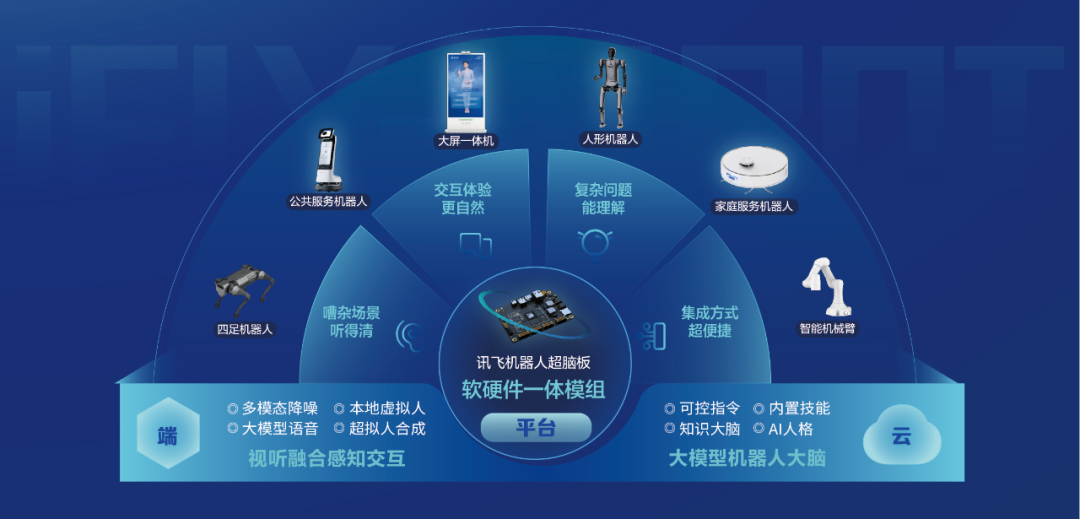
iFLYTEK Robotic Superbrain Platform
Talking about participating in the event, Ji Chao, chief scientist of iFLYTEK humanoid robot division, expressed anticipation for the multi-modal interaction technology of iFLYTEK Robotic Superbrain Platform to invigorate various robot partners. Additionally, there are hopes for collaboration with more enterprises and institutions to collectively advance the cutting-edge development and widespread application of embodied intelligence. This objective aligns with the “industry-university-research-application” linkage development strategy advocated by China Embodied AI Conference.
It’s widely acknowledged that every innovation in robotics holds the potential for profound impacts across related industries. From industrial automation to the service sector and home environments, embodied intelligence offers vast application prospects. Currently, iFLYTEK multi-modal interaction system has found extensive usage in various devices such as digital human interface terminals, commercial and home service robots. Its catalytic role is notably prominent in smart home solutions, smart retail, and educational settings.
As a significant branch of artificial intelligence, embodied intelligence is transitioning from theory to practical application, from “laboratory” to real-world scenarios. With ongoing breakthroughs and advancements in the technology, future robots are poised to become more intelligent, approaching human levels of perception, cognition, and action capabilities, which signifies a shift from specialised to generalist roles, enabling robots to play increasingly impactful roles across various domains.
More News
-

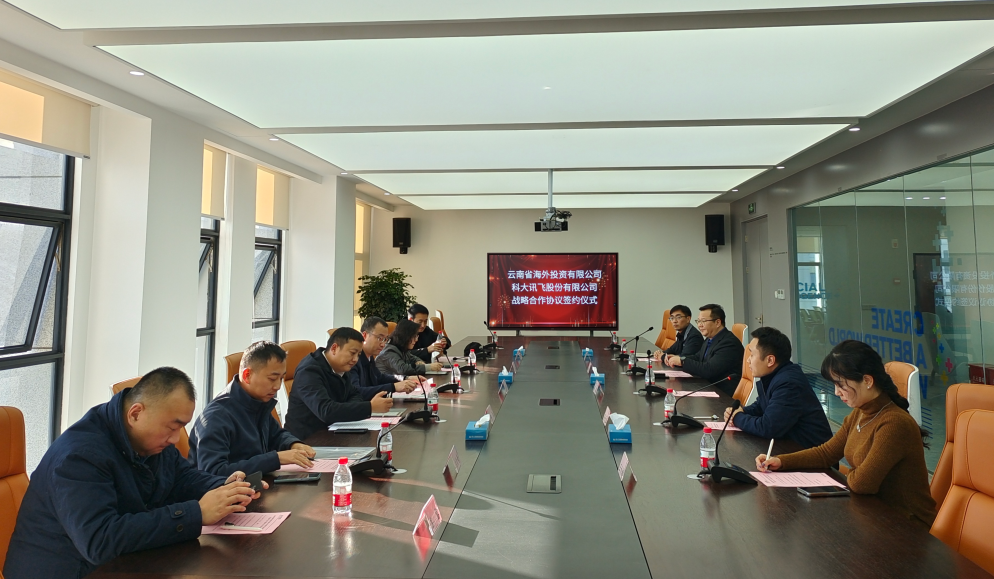 iFLYTEK Entering into a Strategic Cooperation Agreement with Yunnan Provincial Overseas Investment Co., Ltd.
iFLYTEK Entering into a Strategic Cooperation Agreement with Yunnan Provincial Overseas Investment Co., Ltd.February 04, 2024
-

 Establishing Two “Bridges” to Connect the Hometown of Snacks Across the “Mountain of Education”
Establishing Two “Bridges” to Connect the Hometown of Snacks Across the “Mountain of Education”February 04, 2024
-

 I Am a Teacher Issue 26 | A History Teacher in the Hani Countryside
I Am a Teacher Issue 26 | A History Teacher in the Hani CountrysideJanuary 25, 2024
